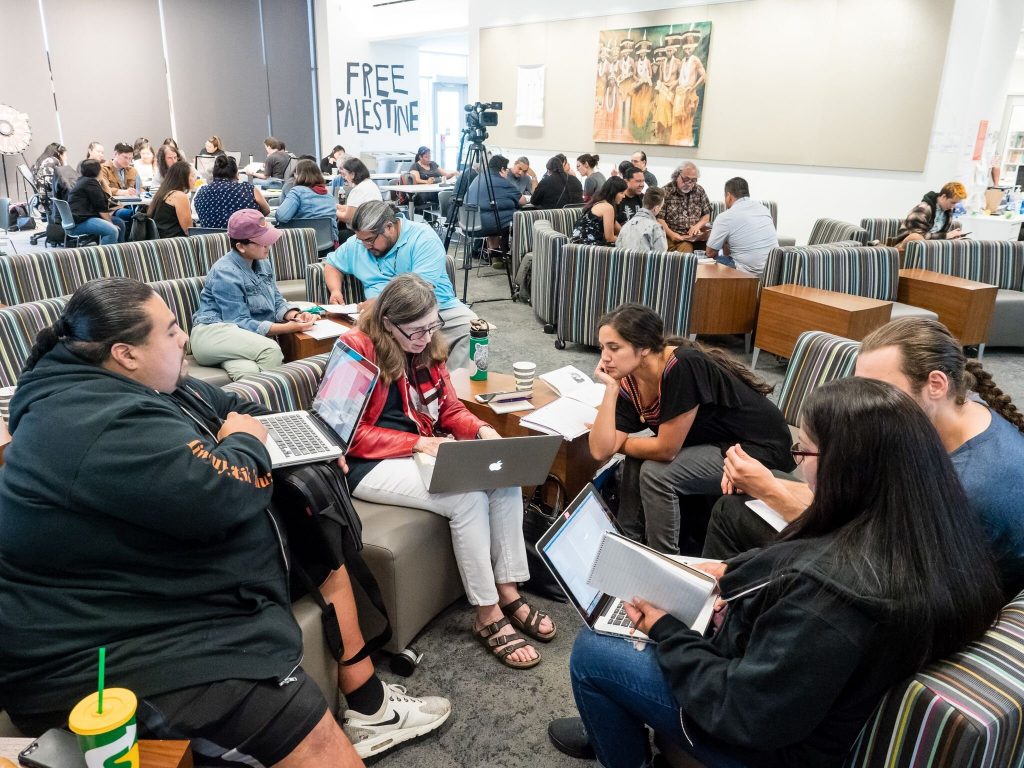Background and objective
The Native peoples of California are one of the most linguistically diverse in the world. However, since contact they have experienced multiple waves of violent colonization, including state-sanctioned genocide, which led to extreme language loss. When the Advocates began their work in 1992, there were approximately 50 tribes who had fluent speakers and 30 tribes who did not. In the ensuing 25 years, those numbers have reversed. Currently there are some 30 tribes who still have one or two speakers and over 50 tribes that do not. The core programming of the Advocates, the Master Apprentice Program (MAP), pairs a fluent language speaker with a willing apprentice for a 3-year period to adequately transmit the language to another generation.
The project aims to organize a workshop for California Indians whose languages have no fluent speakers and pair participants with linguists and graduate linguistic students to develop a project in their language as well as to expose them to available resources in the California Language Survey, The Bancroft and the Hearst archives.
Local partner information
The Advocates for Indigenous California Language Survival was initiated in 1992 when a group of California Indian culture bearers met for a weekend to discuss how best they could encourage the revitalization of California’s indigenous languages. The need for assistance in locating existing language material and appropriate methodology in language transmission is great and the Advocates have consistently been at the forefront of this effort statewide.

